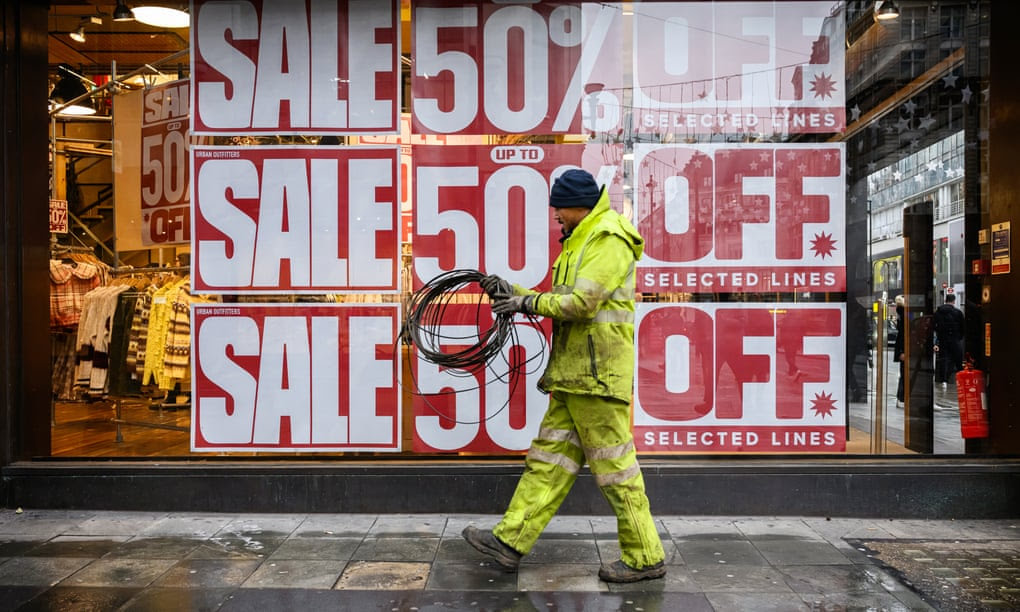
The UK’s manufacturing sector recorded its sharpest decline in output volumes since mid-2020 in the quarter to December, reflecting weakened demand, according to the Confederation of British Industry’s (CBI) latest Industrial Trends Survey (ITS).
The survey revealed that manufacturers are bracing for another steep drop in output over the next three months. Total and export order books weakened significantly, with total orders falling to their lowest levels since late 2020. Despite reduced demand, manufacturers’ stocks of finished goods remain elevated, comparable to levels seen during the early stages of the COVID-19 pandemic.
Key Findings
Decline in Output: Output volumes fell sharply in the three months to December, with a weighted balance of -25%, down from -12% in November. This marks the steepest decline since August 2020.
Future Expectations: Manufacturers anticipate further declines in output in the first quarter of 2025, with a weighted balance of -31%, the weakest outlook since May 2020.
Sector-Specific Drops: Output decreased across 15 out of 17 sub-sectors, with significant declines in furniture and upholstery, glass and ceramics, and motor vehicles and transport equipment.
Price Inflation: Expectations for selling price inflation increased markedly in December, with rates anticipated to surpass long-term averages over the next three months.
Challenging Conditions
Ben Jones, Lead Economist at the CBI, said:
“Manufacturing output appears to have contracted during the fourth quarter, with conditions across the sector looking more challenging than at any time since the COVID pandemic in 2020. Manufacturers are facing a perfect storm of weakening external demand, political instability in key European markets, and uncertainty over US trade policy.”
Domestically, business confidence has been undermined by recent fiscal measures. “The Budget has increased costs, leading to widespread project cancellations and falling orders,” Jones added.
Recommendations for Recovery
To address these challenges, the CBI urged the government to take decisive actions to bolster business confidence, including:
- Accelerating reforms to the apprenticeship levy.
- Introducing flexibility in business rates to encourage investment.
- Collaborating with industry leaders to develop a long-term industrial strategy that restores the UK’s competitiveness.
“With no near-term improvement expected, signalling a commitment to supporting manufacturers through pro-business policies would reassure markets and investors that the UK remains a trusted and competitive destination for industry,” Jones concluded.
Survey Scope
The findings are based on responses from 331 manufacturers across various sub-sectors. The results underscore the pressing need for policy interventions to stabilise and revitalise the UK’s manufacturing industry.


